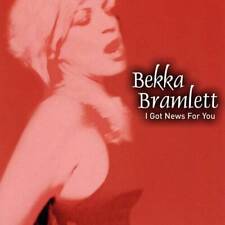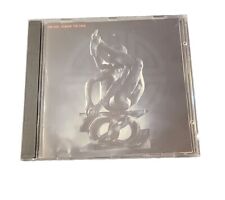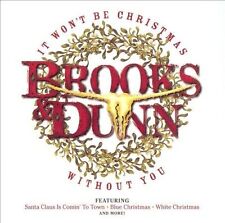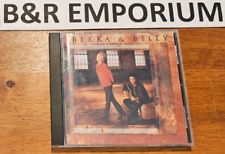|
Blues Giants Tour Cleveland Plain Dealer BRITISH BLUES GIANTS BACK TOGETHER ON TOUR
BILL LAMMERS PLAIN DEALER REPORTER It was a dead man who brought Peter Green back to life. In '60s British blues circles, Peter Green was a hero. He had replaced Eric Clapton as guitarist for John Mayall's Blues Breakers, then formed Fleetwood Mac with Mick Fleetwood and John McVie. He had written "Black Magic Woman," later a hit for Santana, and "Albatross," a slow, mournful instrumental that you would know if you heard it. But in the '70s, Green dropped out. He quit Fleetwood Mac, released a few solo albums, got involved in a fringe religious group, stopped playing music altogether and let his fingernails grow so long he couldn't have played guitar if he had wanted to. Some said he was a drug casualty of the '60s; others talked of mental illness. "He had been off the planet for 20 years," said Mayall, who shares a double-bill with Green tonight at the Odeon. "Peter really had been dead to the world." Back to life The resurrection story goes like this: In the mid-'90s, Green was staying at the home of guitarist and singer Nigel Watson, who had met Green through relatives of his manager. Green had played no music for nearly two decades, but enjoyed hearing Watson play the blues as they sat around the kitchen table. One day, Watson was playing a Delta blues song by Robert Johnson, the mystical figure who died in 1938 at age 27 after writing songs about selling souls to the devil and having hell hounds on his trail. Green was impressed by the way Watson was playing the song finger style instead of with a slide, so Green cut his fingernails, picked up Watson's guitar and played the Johnson song perfectly. At least that's how the story goes. Blues stories, like Hollywood movies or tales from the Bible, aren't always meant to be taken literally. Maybe it's just a blues parable, reminding us that songs about feeling sad or tormented can ultimately make us feel renewed. But why Robert Johnson? "There's a magic in the playing and in the lyrics, like consumption killing me by degrees,'" said Watson during a joint telephone interview with Green. "It's just not the run-of-the-mill blues. It's quite remarkable how a man can think of those lyrics. "You can feel his sadness and isolation and a desolate sort of mood," Watson said. "It gives me the shivers. There's no one about that does it the same." Since that impromptu kitchen concert, Green has stopped taking the anti-schizophrenia medicine that left him too tired to play guitar. He and Watson practiced guitar, then formed the Splinter Group, which has made five albums since 1995. "The Robert Johnson Songbook" in 1998 captured 14 of the mere 27 songs Johnson recorded before his death. The album won a W.C. Handy Award, the blues equivalent of a Grammy, for comeback of the year. In May, Green and Watson released "Hot Foot Powder," titled after a line in "Hell Hound on My Trail," that covers the remaining 13 Johnson songs. For the second album of Johnson's songs, Green and Watson invited a handful of American blues veterans to play. Guitarists Buddy Guy, Otis Rush, Hubert Sumlin and 85-year-old David "Honeyboy" Edwards, who was present at Johnson's death in 1938, added their six-string talents. Dr. John plays piano on two songs. Edwards had played on "Fleetwood Mac in Chicago," the 1969 album that saw Green play with some of his blues idols, such as Willie Dixon, Otis Spann and Big Walter Horton. Interpretations The songs on both Johnson discs aren't slavish imitations of the originals, however. "We wanted to keep mainly the feel of Robert Johnson's music. Sometimes it gets real basic, and sometimes we do them in other styles of the era," Watson said. "There's just no copying Robert Johnson." The tour with Mayall reunites two giants of the British blues scene, but it might not be exactly the reunion old-time fans expect. In England, Green played first and Mayall occasionally joined in on harmonica toward the end of the first set. In the United States, Mayall is playing first. At the first stop last week in Chicago, the two did not play together because of travel schedules. Mayall says the Green-Mayall connection isn't as big a deal to fans as it might sound to a marketing executive. "We have a whole new generation of fans who come to hear us," said Mayall, whose newest album, "Padlock on the Blues," is his first for Eagle Records. "They only know me from my new material." Expectations aside, Green said playing live has been exciting. "It's good to really play again," Green said. "You get to see a lot of places in the world that you don't usually get to see. I might as well go around the world 50 million times. Everybody moves at a different speed." As for what to expect out of tonight's concert, Green offers this advice: "Don't worry about it. Don't expect anything." Date: 2008-02-03
|









